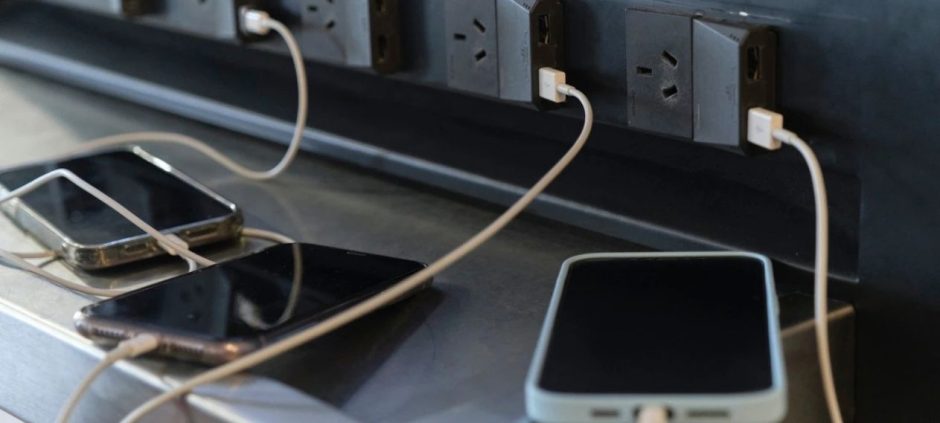Recent warnings from travel and cybersecurity agencies have raised concerns about a threat known as “juice jacking.” The term refers to cyberattacks that may occur when travelers use public USB charging stations—commonly found at airports, malls, or hotels.
Earlier this year, the U.S. Transportation Security Administration (TSA) and the Federal Communications Commission (FCC) advised against using public chargers. They warned that hackers could tamper with USB ports to steal personal data or install malware on connected devices.
Juice jacking happens because USB ports transfer both electricity and data. A compromised charger could, in theory, exploit this connection to access sensitive information from your phone. However, cybersecurity experts note that confirmed cases of such attacks are extremely rare.
A 2019 TechCrunch report quoted Los Angeles County’s top prosecutor, who confirmed there were “no cases” of juice jacking on record. In 2023, security researcher Mike Grover also stated that there are no documented examples of the attack occurring in public spaces.
While juice jacking may not be a widespread threat, using damaged or poorly maintained chargers can still harm your phone. Power fluctuations or altered voltage in public charging points can damage devices or reduce battery life.
Experts recommend using your own charging cable and wall adapter whenever possible. Plugging directly into an electrical outlet instead of a public USB port greatly reduces risk. If you must use a public charger, consider using a data-blocking USB adapter or a charging-only cable.
In other related news also read UK Airports Affected by Air Traffic Control Problem
You can also improve your device security by avoiding untrusted public Wi-Fi, never plugging in unknown USB drives, and keeping your phone software updated. Wireless chargers like MagSafe pads are another safe alternative, as they transfer only power—not data.











